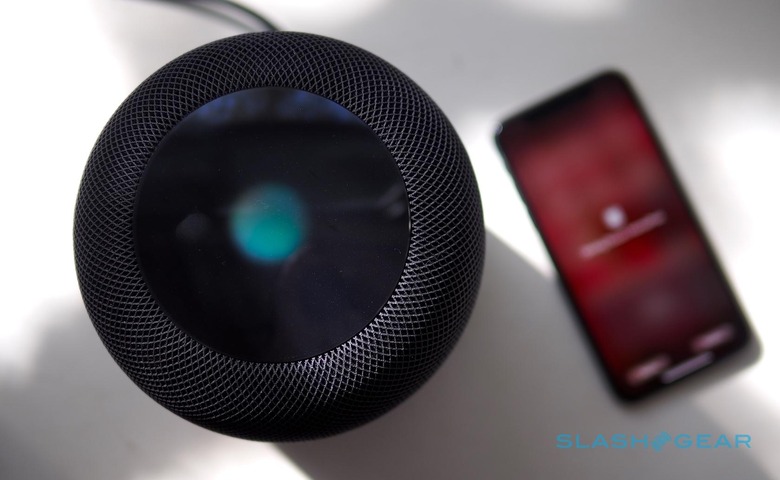HomePod Is Changing How I Listen To Music
Is Siri better than the Google Assistant, or worse than Alexa, or the downfall of Apple's HomePod, or the reason it's so good? The questions around the Cupertino company's first connected speaker are numerous and fairly predictable, just like the tests pitting one virtual assistant against another in fact. From the start I'd figured Siri makes an excellent guide through Apple Music – you can credit Apple's otherwise frustratingly tight integration between streaming service and speaker for that – but what I didn't expect was how much she would change how I listen to music.
On the one hand, HomePod has literally forced a change in how I consume streaming content. I'm a long-time Spotify subscriber, but the experience of that on Apple's speaker is so underwhelming compared to Apple Music that it feels foolish not to use the latter. As I commented in my HomePod review, it's frustrating that Apple doesn't offer a simple way to import all your Spotify playlists for those migrating over.
More than just switching streaming allegiances, though, HomePod has encouraged me to consume music differently. In general, I play music while I'm driving, or as background noise while I'm working or cooking. I tend to have a few, go-to playlists in Spotify that I return to over and over; to the point where, if I hear the final seconds of one track, I automatically start humming the start of the song that always comes next.
What HomePod has done is made me add conscious listening to the mix, too. Apple refers to it as Siri on the connected speaker being a "musicologist": not just the virtual DJ picking the tracks for your dinner party playlist, or your 80s pop playlist, but a clever co-listener with answers to the questions you might come up with as you hear each song.

The basics are, well, basic: you can ask "Hey Siri, who plays this song?" or "Hey Siri, who plays the drums on this track?" and the assistant will usually be able to give you the answer. More interesting is asking things like "Hey Siri, tell me more about this song," or "Hey Siri, tell me more about this genre," and getting more insight into what you're listening to, and why it's special.
Admittedly, it's not like this information wasn't available before. Indeed, Siri is going to familiar sources – like Wikipedia – to sound so smart each time. Yet there's definitely something different about the experience: sitting back, either picking a favorite track or allowing the algorithm to choose one for me, and then having it turned into a story rather than just a song.
What all of this has left me wondering is whether there's not a place for a virtual assistant that isn't the be-all and end-all of smart technology. The equivalent, you could say, of a highly-trained specialist.
Indeed, it reminded me of Sonos' argument, for why it wanted to offer support for multiple assistant technologies on its platform. Not every virtual assistant is created equal: some are going to be better at one area than another, or simply have access to data that others do not. Perhaps, I'm now thinking, the idea of a single "expert" assistant is naive: after all, I don't expect my hairdresser to do my taxes, or a gardener to also fix my car.
Siri as a source of general knowledge, or games, or smart home control isn't quite up to the point that Amazon's Alexa or Google's Assistant are at. Yet I've not sat down with either Amazon or Google's AIs and had a discussion about why I particularly like "This is Hardcore" by Pulp, or dipped further into the background of the Dire Straits albums I remember listening to in the car with my father. If assistants are to be really smart, they need to be more than all-knowing encyclopedias. They also need to understand why we're passionate about certain things, and how they can build on that passion to cement their place in our lives.
